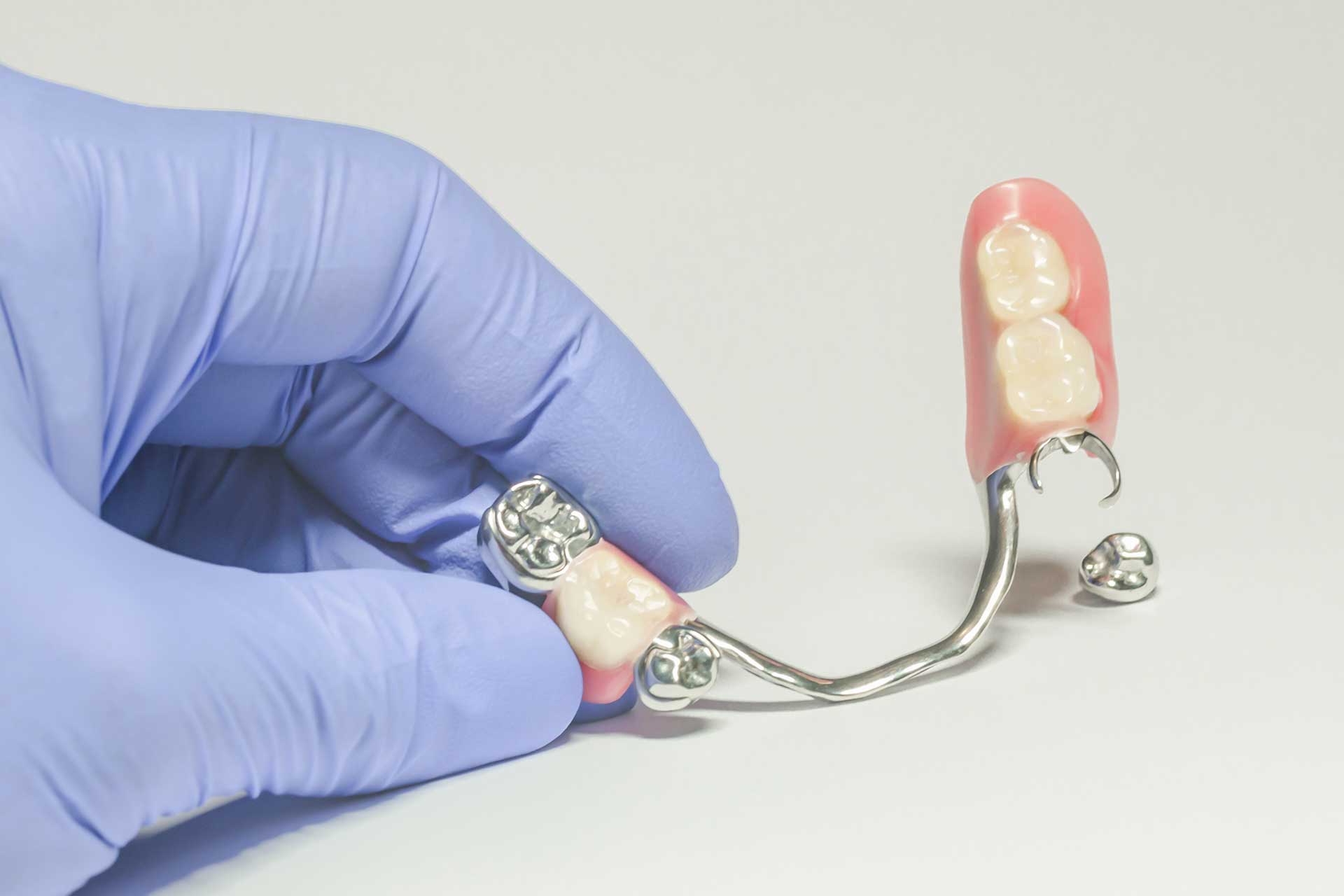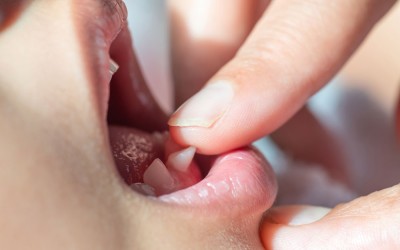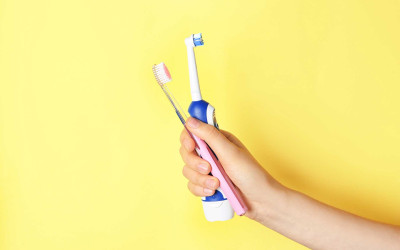When Should Partial Dentures Be Preferred?

When Should Partial Dentures Be Preferred?
- 1 October 2024
- 2143 views
Partial dentures are an effective option to compensate for tooth loss. So, when should they be preferred, and what are their usage areas?
This content is for informational purposes only and does not replace medical advice, diagnosis, or treatment. Please consult a healthcare professional for any health concerns.
Table of Contents
Tooth loss is a common problem experienced by many people. It brings challenges both aesthetically and functionally. There are various options to compensate for tooth loss and maintain oral health, one of which is partial dentures. So, when should partial dentures be preferred?
What is a Partial Denture?
A partial denture is a type of artificial tooth used to replace missing teeth and is supported by the remaining teeth in the mouth. It is typically used in cases where only some teeth are missing. These dentures are removable, making them more convenient in terms of maintenance and cleaning.
Usage Areas of Partial Dentures
Partial dentures can be preferred for various reasons. Their usage areas include:
- Tooth Loss: When multiple teeth are lost in the mouth, partial dentures replace the missing teeth, providing both function and aesthetics. Tooth loss can occur due to several reasons, including cavities, gum diseases, trauma, or aging.
- Tooth Imbalance: Gaps between teeth can prevent proper alignment. Partial dentures fill these gaps, helping to align the teeth in an orderly fashion.
- Personal Preferences: Some individuals may prefer partial dentures over dental implants or fixed dentures. These preferences usually stem from factors such as cost, treatment duration, or personal comfort.
Advantages of Partial Dentures
Partial dentures offer many benefits for individuals experiencing tooth loss, including:
- Quick and Easy Application: Partial dentures can typically be applied more quickly as they require less preparation. This helps individuals with tooth loss find relief faster.
- Economical Option: Compared to dental implants or fixed dentures, partial dentures are generally more affordable. This makes them a suitable option for those looking for a budget-friendly solution.
- Removability: The fact that partial dentures are removable makes them easier to clean and maintain. Removing the dentures for cleaning helps maintain oral hygiene.
- Natural Appearance: Partial dentures improve aesthetic appearance by replacing missing teeth and restoring chewing functions. This can enhance a person's ability to eat and speak.
Disadvantages of Partial Dentures
However, there are some disadvantages of partial dentures, including:
- Requires an Adjustment Period: A new partial denture may require an adjustment period for some people. Discomfort or pain may occur initially.
- Some Restrictions: Partial dentures may limit certain dental movements or impose some restrictions when eating.
- Long-Term Use Issues: Over time, partial dentures may cause discomfort or misalignment, necessitating regular dental check-ups.
Selection and Care of Partial Dentures
There are several factors to consider when selecting and using partial dentures:
- Consultation with a Dentist: The choice of partial dentures should be made by your dentist. Your dentist will evaluate your oral structure and determine the most suitable type of denture for you.
- Regular Check-ups: Regular check-ups of partial dentures are essential for detecting issues like misalignment early. Your dentist should periodically examine your dentures.
- Cleaning and Maintenance: Partial dentures should be cleaned and maintained daily. Proper cleaning helps protect oral hygiene.
- Nutrition: Certain foods need to be avoided when eating with partial dentures. Avoiding hard or sticky foods can extend the lifespan of the dentures.
Partial dentures offer an effective solution for individuals experiencing tooth loss, but proper selection and regular care are crucial. By following your dentist’s recommendations, you can use your partial dentures effectively and maintain your oral health.







